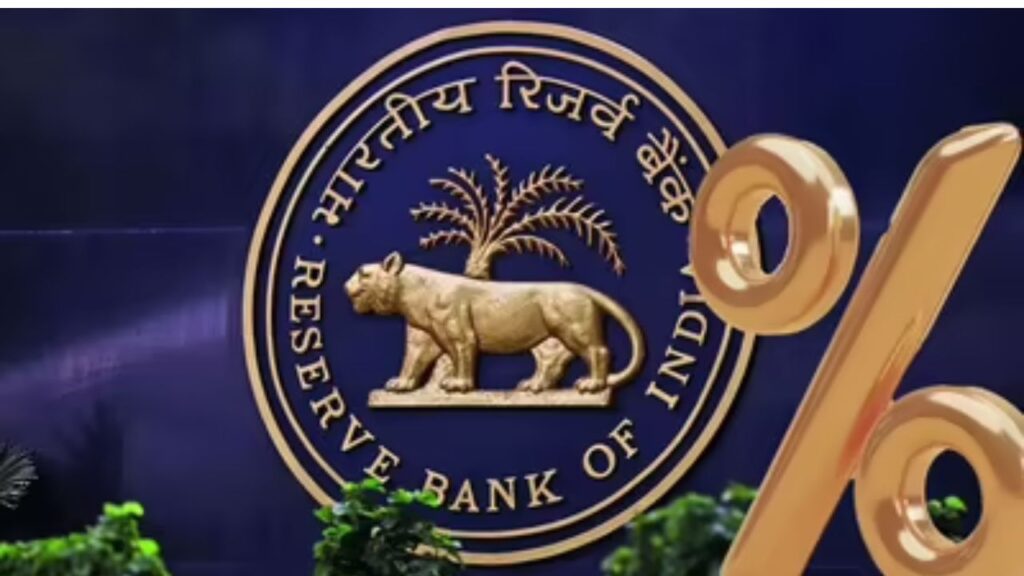 English
English

RBI Governor Sanjay Malhotra said that the level of inflation in the country has remained below 4 percent continuously. Read further on Dynamite News:

Reserve Bank of India Mumbai (Source: Internet)
Mumbai: The Reserve Bank of India (RBI) has reduced the repo rate by 50 basis points to 5.5% as inflation softens within its comfort level. The decision was taken at the Monetary Policy Committee (MPC) meeting, held on June 4-6, reports Dynamite News correspondent.
In this MPC meeting held just before the start of the monsoon season, it was decided to reduce the repo rate for the third consecutive time. It has now come down to 5.5 percent. This is going to be a big relief for the common man as it has increased the hope of reducing the EMI of his home loan to car loan.
RBI has continued to reduce the repo rate continuously since the beginning of 2025. Earlier, during the monetary policy review of February and April, the repo rate was also cut by 0.25-0.25 percent and it was brought down from 6.50 percent to 6 percent.
RBI Governor Sanjay Malhotra, while giving information about the decision of the MPC, said that the level of inflation in the country has remained below 4 percent continuously. At the same time, the country's GDP growth is also in a better condition. Apart from this, political stability is also maintained in India. Therefore, the MPC had enough scope to liberalize the monetary policy and in view of this, it has been decided to reduce the repo rate.

RBI cuts Repo Rate by 50 basis points (Source: Internet)
Governor Sanjay Malhotra said that the current decision of the MPC has been taken with a view to increasing domestic growth keeping in mind the price stability in the country. Despite the global situation being unstable, there is continuous investment in India. India is still one of the most preferred places in terms of FDI.
The interest rate at which the Reserve Bank of India provides cash to the rest of the banks in the country is called the repo rate. If there is a decrease in the repo rate, then the cost of capital of the banks decreases and due to this the loan of the banks becomes cheaper. Banks pass on this benefit to the customers by reducing the EMI, interest or tenure of the loan.
As per RBI rules, banks have to link the interest rates of all their retail loans to the repo rate. Due to this, as soon as the repo rate decreases, the responsibility of reducing the interest rates falls on the banks.